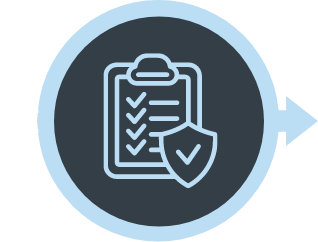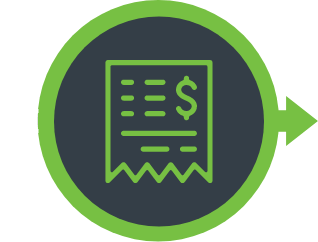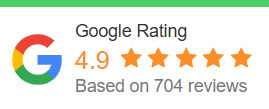Is your business running out of money for payroll? Are you looking to take on new business or expand your reach? When small businesses need working capital, one of the first solutions they consider is a small business loan.
Business loans can help businesses keep up with expenses, purchase essential inventory or equipment, hire more staff, and fund seasonal growth. If the business has excellent credit, a small business loan can be a viable financial tool.
At the same time, there are disadvantages with traditional small business loans.
Business loans are often difficult to obtain if you don’t have strong credit, since financial institutions rely on your ability to repay them. Any hardship that occurs during the loan period can put pressure on the borrower’s ability to repay, forcing the small business into default. Regarding collateral, most lenders choose to place a lien on all assets of the business, further restricting the company’s ability to acquire additional working capital when necessary.
Because of lending rules and regulations, the small business loan application process can also be complicated and time-consuming. Small businesses with acute needs for cash flow may find a mismatch between their needs and the lender’s response.
One alternative to a conventional small business loan is invoice factoring.














Follow Us